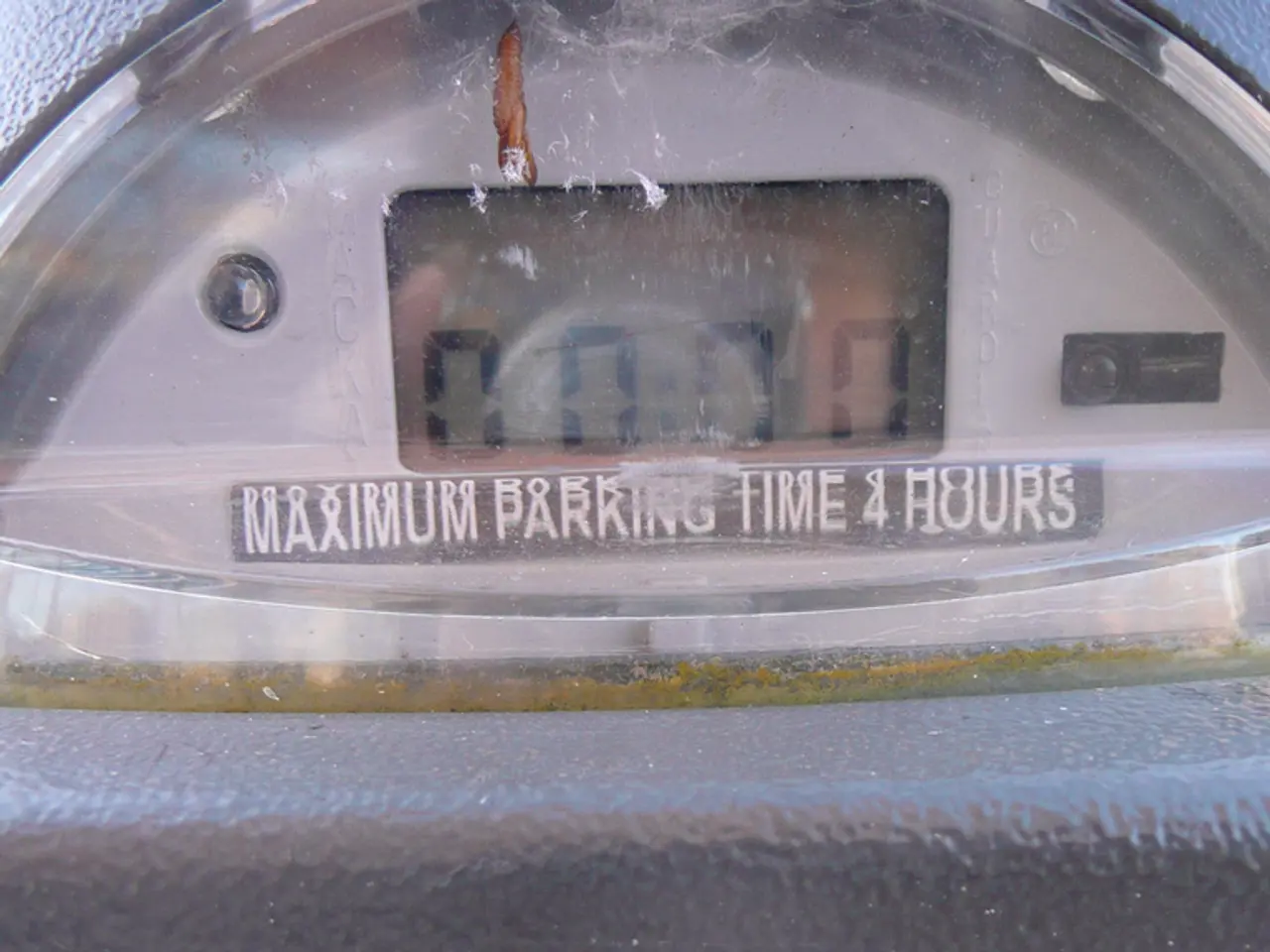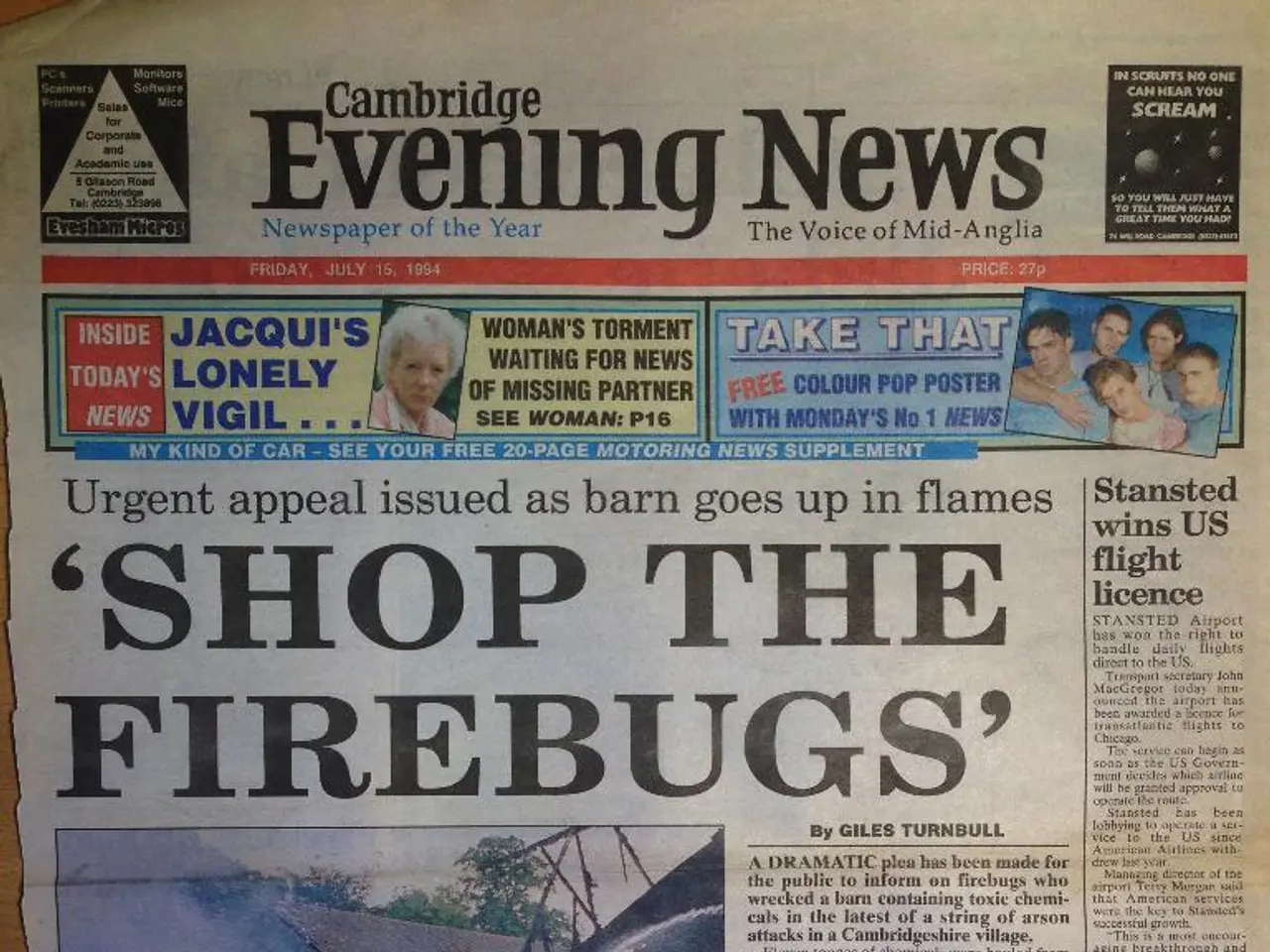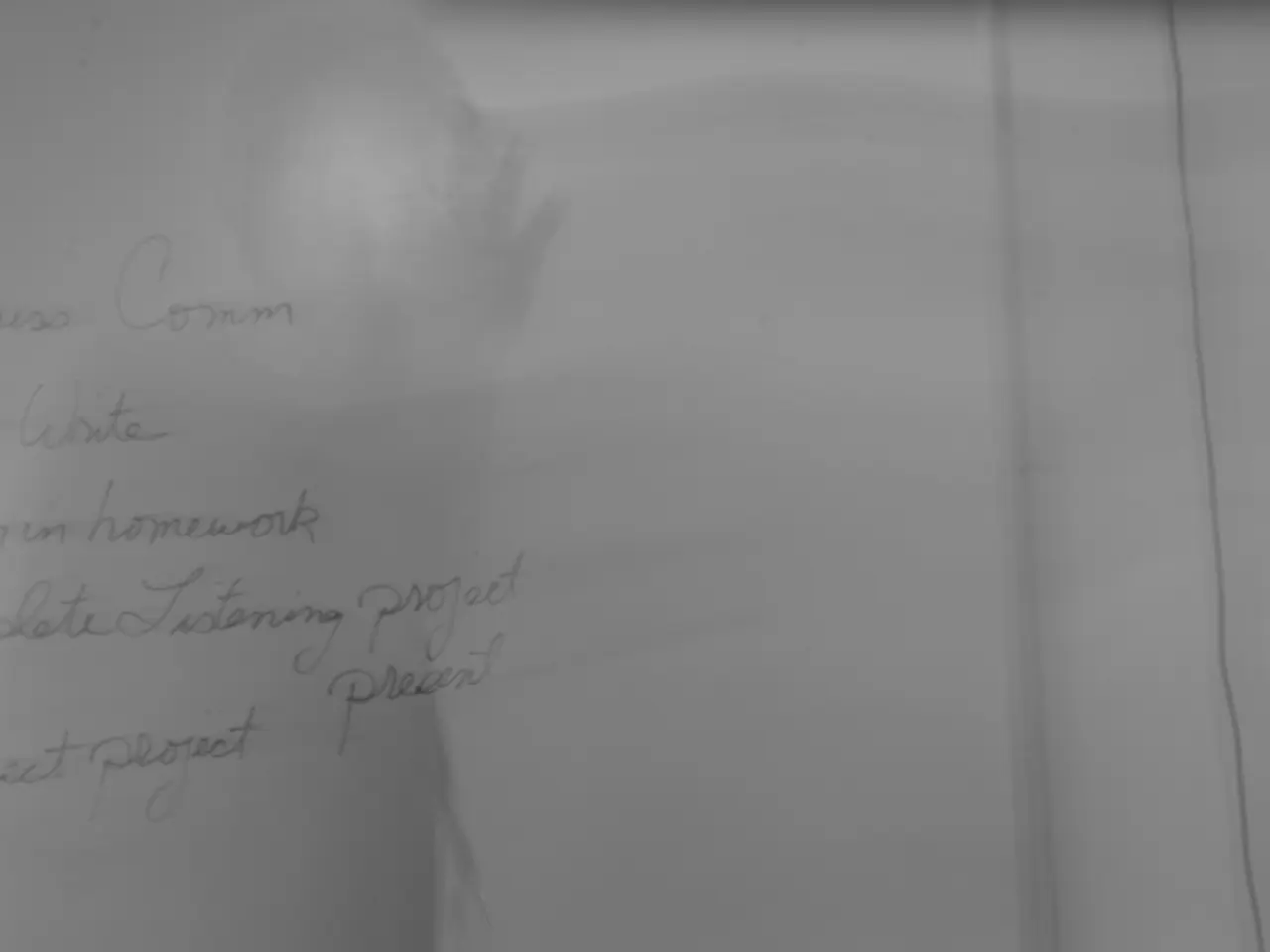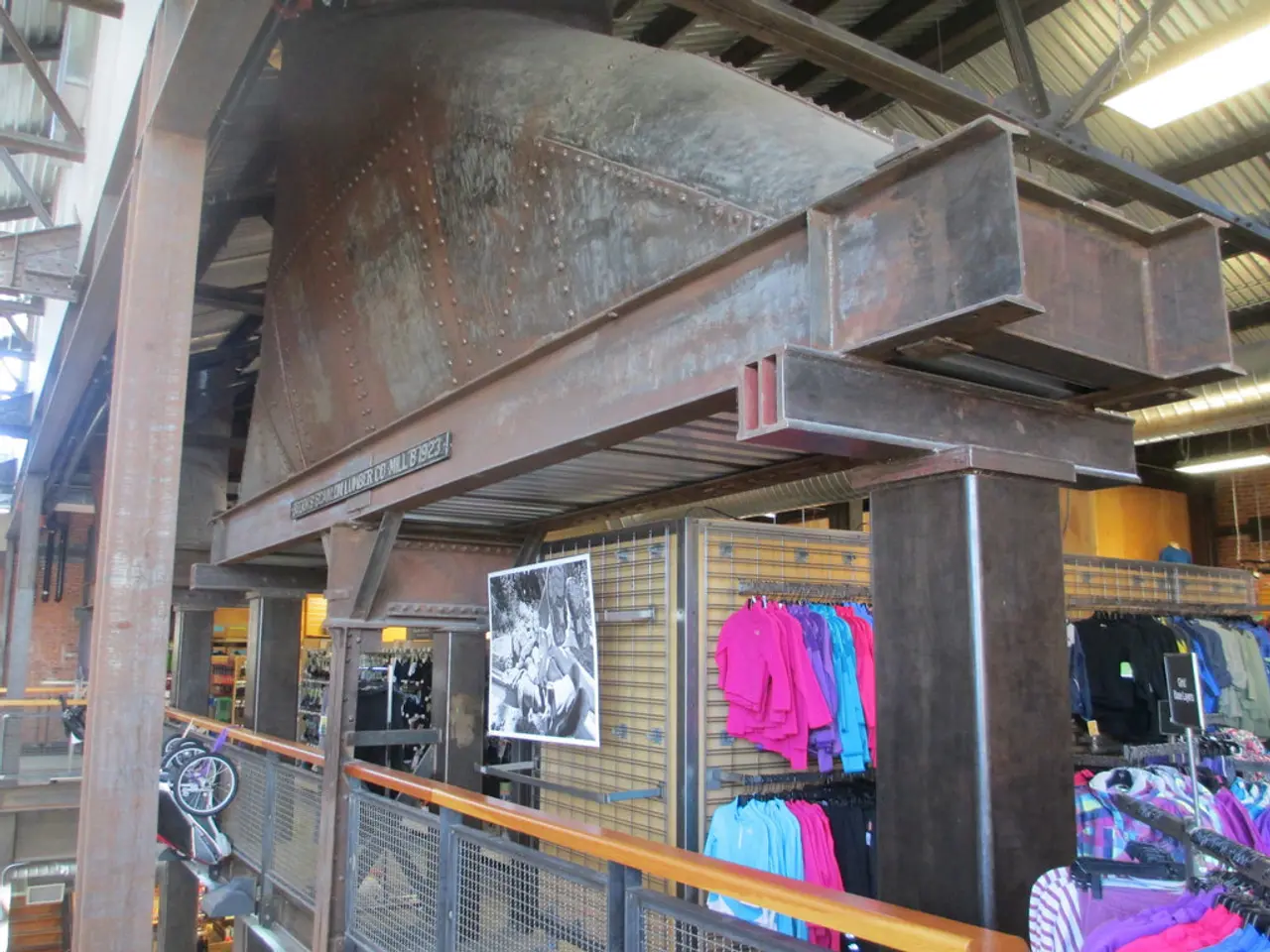Following the price hike, coffee is now seen as a high-end commodity.
Rising Coffee Prices Spur Increase in Retail Theft
A surge in coffee thefts has been observed in retail stores across Germany and other major cities, such as Cologne. Experts attribute this trend to the escalating prices of coffee, making it an attractive target for shoplifters.
According to the EHI retail research institute, the total loss due to shoplifting in retail is estimated to be over four billion euros annually. In Germany alone, coffee prices have increased by about 12.2% compared to the previous year, leading to more frequent and brazen thefts from stores like Edeka, Rewe, and Lidl.
In response to this growing problem, retailers have adopted various theft-proof displays and restricted access measures. For example, coffee stock is often moved behind locked glass cabinets or plexiglass cases, and the number of coffee packages available freely on shelves is limited. In some stores, coffee is removed from open shelves entirely, and customers are required to request it at the checkout.
Retailers are also incorporating technology-based solutions to enhance retail security. AI and video analytics are used to monitor high-value product areas, such as coffee, and to detect suspicious behavior like loitering. This proactive approach helps in loss prevention and streamlines investigation efforts without constant human surveillance.
In Berlin's markets, retailers have implemented heightened security measures for coffee products. Customers are required to inform staff if they want coffee, and some stores have locked coffee products behind glass or displayed pictures of the items for customers to purchase at the cash register.
Reactions on social media are mixed, with some finding the measures "annoying" or "silly", while others support them. However, the shopping experience for many consumers may be affected by these security measures, including longer waiting times and possibly a reduced product selection.
It is important to note that the high coffee prices are primarily due to increased raw material costs and conflicts in price negotiations between manufacturers and retailers, which exacerbate the situation. Additionally, yields are decreasing due to extreme weather conditions caused by climate change.
As the coffee theft problem persists, retailers will likely continue to adopt a combination of physical security measures and advanced surveillance technologies to protect their inventory and reduce retail losses.
[1] The Local
[2] Retail Technology Innovation Hub
[3] Deutsche Welle
[4] The Guardian
- In the slightly annoying shopping experience shift, other industries such as food-and-drink, particularly coffee retailers, are adopting advanced technology solutions to combat theft, like AI and video analytics, mimicking steps taken by the finance industry for secure transactions.
- The alarming escalation in retail theft, especially in the retail and lifestyle sectors like coffee and food-and-drink, has prompted a reexamination of inventory protection measures, with high-value products like coffee being locked behind glass or plexiglass cases, much like the display of jewellery in other cities.
- Amidst rising coffee prices, both in the retail and food-and-drink sectors, and the subsequent increase in shoplifting, various news outlets like The Local, Retail Technology Innovation Hub, Deutsche Welle, and The Guardian, have covered the issue, introducing debates on whether the new security measures are justifiable or not in various cities around the world.




